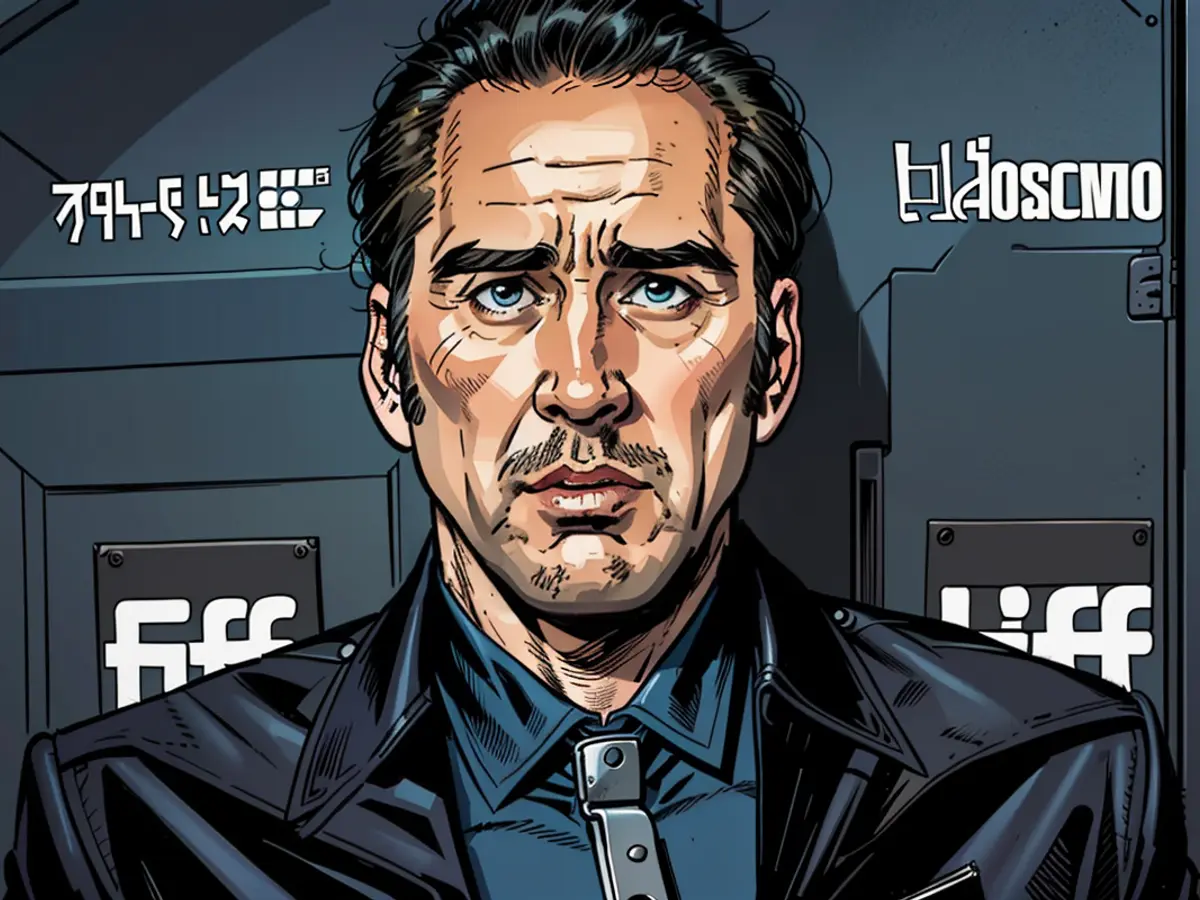AI's strategy for pilfering actors' creative endeavors
In the realm of future acting, we might not require grand Oscar ceremonies anymore, a simple software update could deliver the best performance instead. But what if it doesn't?
In the most recent episode of the popular ntv podcast "Ditt & Datt & Dittrich", we dive into a thought-provoking debate brought up by Hollywood icon, Nicholas Cage, at the Newport Beach Film Festival. In his award ceremony speech, where he was celebrated with the "Icon Award", the 60-year-old actor issued a serious warning to up-and-coming actors about a technological innovation known as EBDR.
This technology allows for the creation of digital doppelgangers of actors, allowing for modifications to their voice, movements, and expressions. Cage highlighted the potential threats this technology poses to the artistic liberty and uniqueness of performers, urging young talents to safeguard their creativity and physical selves as priceless assets, and to read their contracts meticulously.
Cage personally faced the alterations of his acting in a film due to digital fine-tuning. His message is unmistakable: AI presents both opportunities and substantial risks for actors. Witness the possible transformation of Hollywood by AI - tune into "Ditt & Datt & Dittrich".
The discussion on EBDR also raises concerns about the future of entertainment, as it could potentially replace some actors' performances with digital doppelgangers. The entertainment industry, including the implementation of such technologies, should be approached with caution to preserve the individuality and artistic freedom of actors.







